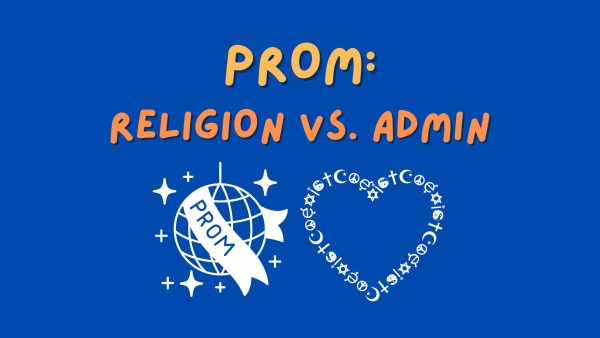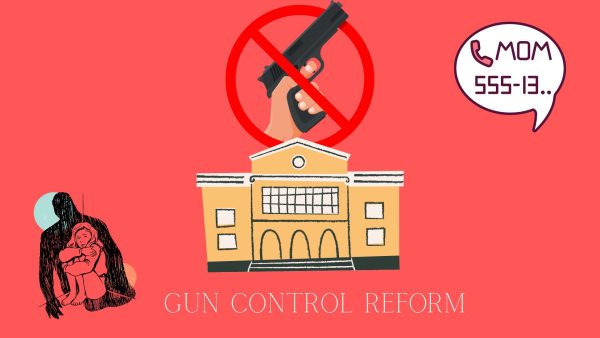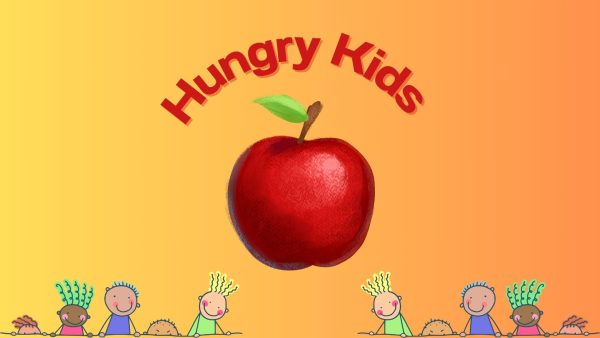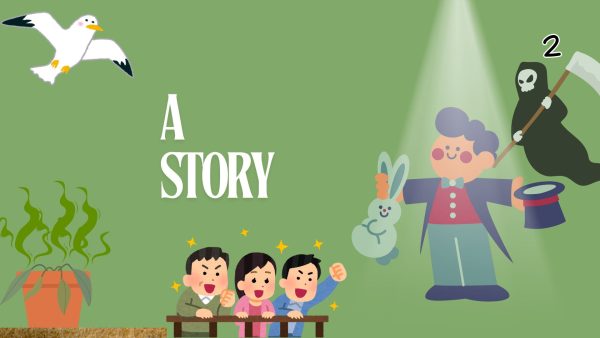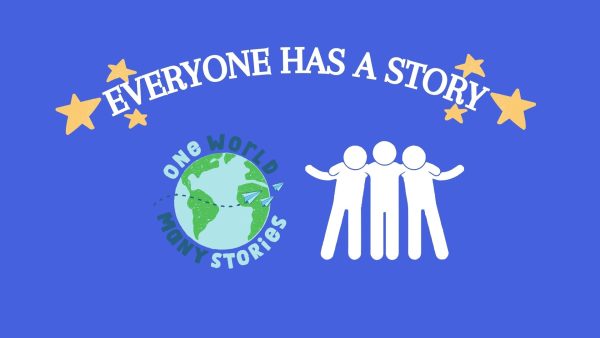Impact of News on Student’s Mental Health

The news can be overpowering, and students face the consequences of growing up in a world with negative news only making headlines.
Now more than ever, students have access to a stunning amount of information regarding today’s news. Online news sites and social media platforms provide instant updates and even live footage of landmark events and history-changing movements. Students benefit from being informed and aware of the developments around them, but not without major impacts on their mental health.
Keeping up with the news is generally considered a good thing. For one, it’s important for basic social literacy. It also allows people to make educated decisions that pertain to their quality of life. For example, hearing about health risks or the state of the economy can delegate important financial and lifestyle decisions. To many people, keeping up with the news is about humility. Understanding the struggle of people worldwide, hearing the stories of those in your own community, and knowing the powers and influences that shape our governments and societies is important in being a grounded and ethical person. It’s necessary to see people’s struggles as an exercise of your own sympathy. It’s also necessary to know the consequences of your decisions in a broader sense than your own insight could provide.
Yet, the news is tiring.
Unpleasant news sells well, and there’s no shortage of unjust, scary, or melancholy events to be reported on. Consuming this constantly takes its toll on everyone, even students, who may have limited power in the face of international turmoil.
One junior from Watkins Mill High School, Ashley Huynh, tries her best to stay updated, particularly when major events are happening. “ I struggle between wanting to be an informed citizen and maintaining my mental health,” Huynh said in regards to keeping up with the news.
“It’s hard for me to focus in class just because it seems like there are much bigger things to worry and think about,” Huynh added.
She mentions her particular struggle during the insurrection on the capitol building on January 6th, 2021.
“I couldn’t focus but I also just couldn’t turn it off.” Huynh said, “I barely got anything done that afternoon.”
There’s often a sense of guilt that develops within students. So much happens in our world that needs to be processed and pondered over, for the sake of both our own emotions and to respect the pain of other people whose lives are shaped by what’s in the news. It feels ignorant and out of touch to fulfill schoolwork and return to daily activities as if undeterred by current events. This is added on to troubles focusing on schoolwork due to the constant distraction of new updates, each looking as monumental as the next.
The news carries an even heavier weight the more it pertains to the students’ lives. While some students may be in a position to turn off the news and therefore distance themselves from its effect, this is not plausible for everyone.
Many students got a taste of this amidst the pandemic. All Covid developments and policies affected whether schools would close or what measures of prevention would be implemented if they were open.
Many black students were battling their own mental health struggles seeing police brutality against black citizens on the news.
One student, Grace Edwards, wrote in Watkins Mill’s school magazine “The Current,” that during the BLM protests and riots, what had started as remorse “snowballed into a low-grade depression” as more videos of police brutality against black citizens arose.
Edwards states in her article that, “it is ineffable to properly express the overwhelming anguish, dejection, and hopelessness when experiencing firsthand and watching the consequences of living in a black mold.”
Beyond this, worries arose about how black students should be presented so that they would not be perceived a certain way.
Alassane Faye, a junior at Watkins Mill, began reanalyzing how he was perceived in public during this time.
“All I cared about was not putting myself in a predicament where I would be remotely near the police,” Faye said, “it kept me very weary and compressed.”
For some students, keeping up with the news is a matter of survival, not a matter of choice or awareness.
What can be done? As it appears, consuming the news retains our humanity. In some cases, such as the BLM movement and the pandemic, it gives people information on their own security.
Yet, it wears students out. The overwhelming emotions and necessary reflections take time out of a student’s schedule that they may need to complete schoolwork and focus on the tasks at hand.
One thing does seem to help. Huynh brought up that although it’s not for everyone, she enjoys discussing the news in a classroom setting.
She said, “I really appreciate it when my teachers bring up stuff in the news. I know that’s not for every student…I find it really validating. I like that they’re acknowledging that some other things are happening in life.”
There is no one solution that balances media intake with mental health in a way that lets students be informed and clear-minded enough to complete school work. We can only recognize how news affects students’ ability to perform in school, how news affects students differently depending on the context, and the different ways in which students cope with the events they see and process the world around them.
Your donation will support the student journalists of Watkins Mill High School. Your contribution will allow us to purchase equipment and cover our annual website hosting costs.

Andrea “AJ” Gordon is a senior at Watkins Mill High School and Opinion Managing Editor for The Current. She is an IB Diploma student and is a part...
Ryleigh is a Senior at Watkins Mill High School and Co-Editor in Chief of the Current. She plays varsity field hockey and lacrosse. She currently plans...



